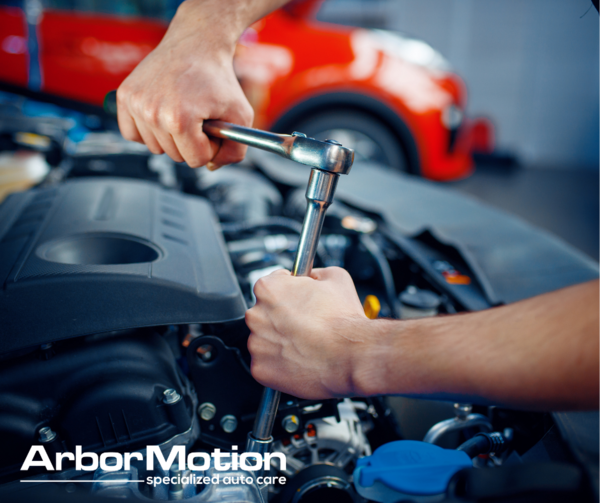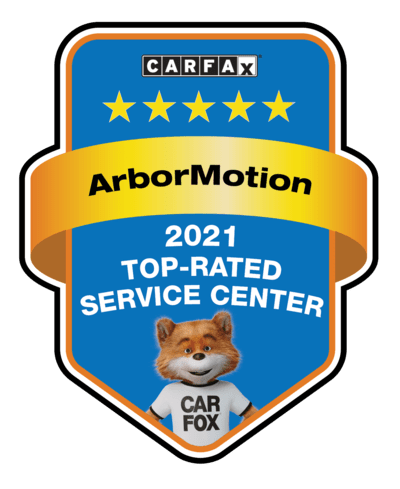Components of Your Engine: What Every Driver Should Know

When you turn the key in your ignition or push that start button, your car’s engine roars to life thanks to a finely tuned symphony of mechanical parts working together. Understanding the basic components of your engine can help you maintain your vehicle better and know when it’s time to seek out professional service. If you're looking for European auto repair in Ann Arbor, your ArborMotion specialists know how your engine works, which can help you perform the right service, and avoid costly repairs down the road.
1. Pistons and Connecting Rods
Pistons are cylindrical components that move within each cylinder. They're connected to the crankshaft via connecting rods. The motion of the pistons is what ultimately powers your vehicle. When things go wrong, performance can quickly drop.
2. Crankshaft
The crankshaft converts the motion of the pistons into the rotational force that turns your wheels. If you notice vibrations or strange noises coming from your engine, it could be a crankshaft issue.
3. Camshaft
The camshaft is responsible for opening and closing the engine’s intake and exhaust valves at the correct times. Timing is everything. On many European vehicles, this system can be complex and require special diagnostic tools.
4. Timing Belt or Chain
Your engine’s timing belt or chain synchronizes the crankshaft and camshaft. If this breaks, your engine could suffer severe internal damage. European vehicles often have timing systems that require specific tools and expertise to service correctly.
5. Valves
The intake and exhaust valves allow air in and out of the combustion chamber. They must open and close at precise intervals. If the intervals are off, this can lead to rough idling, loss of power, or even engine failure.
6. Spark Plugs
Spark plugs ignite the fuel-air mixture inside the cylinder. In performance European engines, they must operate under high pressure and temperature, making high-quality maintenance essential.
7. Fuel Injectors
Fuel injectors deliver fuel directly into the combustion chamber. If they become clogged or fail, your engine may misfire or lose efficiency. Proper cleaning and diagnostics—especially with European engines—is key.
Certified Technicians for Your European Vehicle – Schedule Service Today!
European engines are often built with precision parts that demand high levels of care. Whether you drive a BMW, Audi, Mercedes, or Volvo, keeping your engine healthy means understanding its components and partnering with the right specialists. Contact us today to schedule an appointment!











